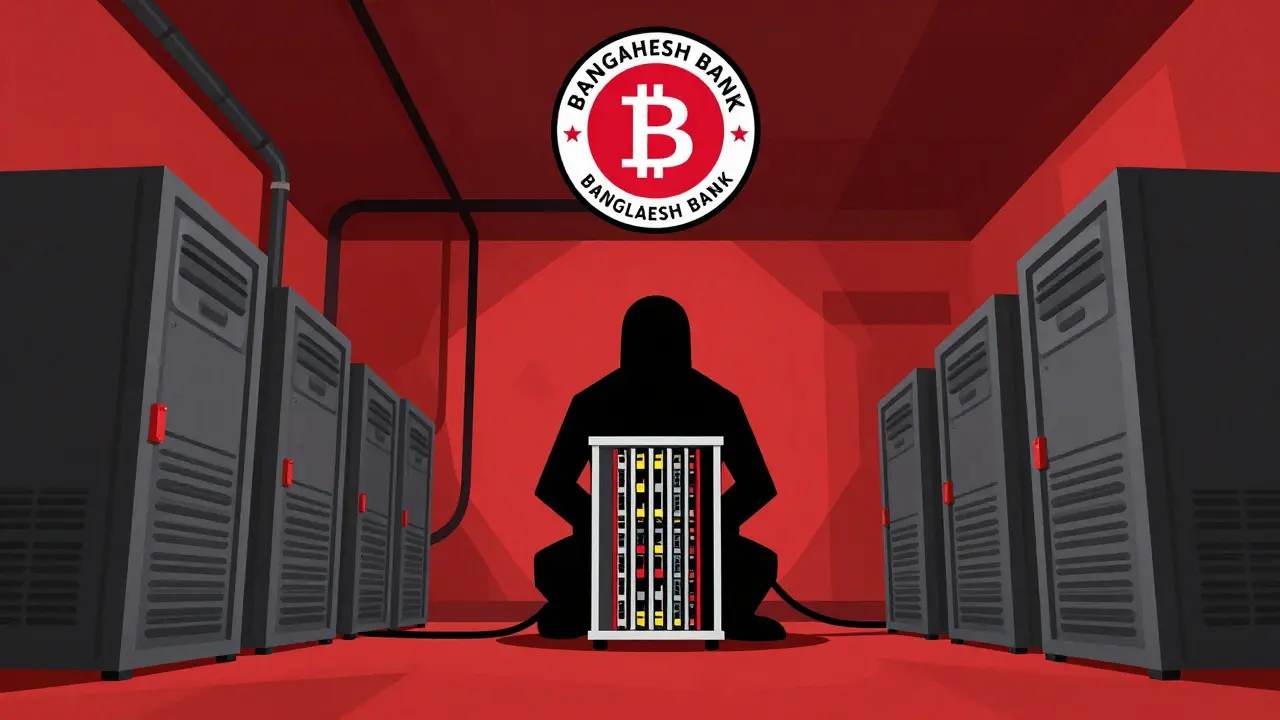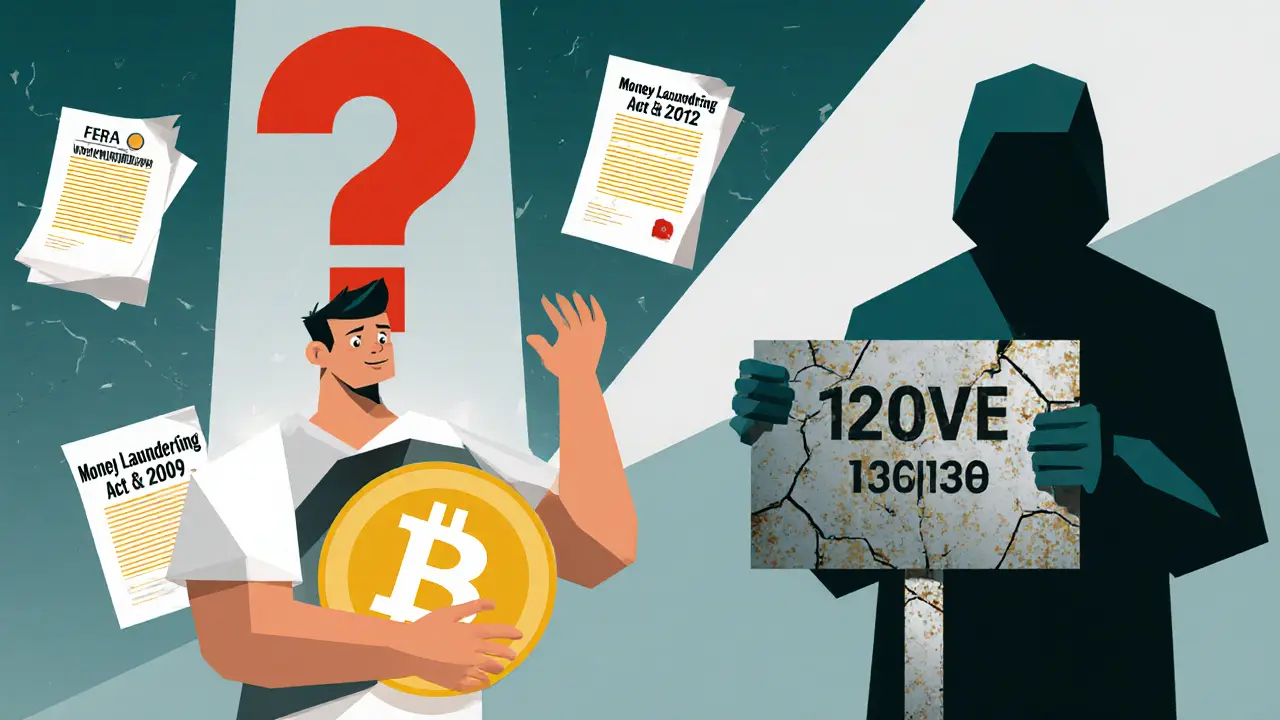Bangladesh crypto ban: What’s really happening and how people still trade
When the Bangladesh crypto ban, a nationwide prohibition on cryptocurrency transactions enforced by the Central Bank of Bangladesh in 2015. Also known as crypto trading ban in Bangladesh, it makes using Bitcoin, Ethereum, or any digital asset for payments or exchanges a criminal offense. The rule was never about stopping technology—it was about controlling money. Banks were ordered to cut off accounts tied to crypto exchanges, and people caught trading faced fines or jail time. But here’s the twist: the ban never stopped people from trading.
Instead of vanishing, crypto activity went underground. Today, traders in Dhaka, Chittagong, and Sylhet use P2P crypto Bangladesh, peer-to-peer platforms like Binance P2P and LocalBitcoins that connect buyers and sellers directly without bank involvement to swap taka for Bitcoin. They pay in cash, use encrypted apps like Signal, and meet in cafes or homes to avoid detection. cryptocurrency legality Bangladesh, the legal gray zone where owning crypto isn’t illegal but trading it is means people hold tokens in wallets but never link them to local banks. Stablecoins like USDT and USDC are the real winners here—they’re easy to move, hard to trace, and keep value when the taka drops. This isn’t just a few tech-savvy users. It’s farmers, students, and shop owners who use crypto to send money abroad, buy goods from overseas, or protect savings from inflation.
The government keeps cracking down—shutting down P2P ads, pressuring mobile payment apps, and arresting brokers—but the network adapts faster. New users learn from old ones. VPNs are common. Wallets are rotated. Cash drops happen in public places where police won’t risk a scene. The ban didn’t kill crypto—it made it more resilient. And while the official line says "crypto is illegal," the real story is written in the millions of transactions slipping through the cracks. Below, you’ll find real cases, hidden strategies, and the tools people use to stay connected to the global crypto economy—even when their own government says they can’t.
Anti-Money Laundering Crypto Enforcement in Bangladesh: What You Need to Know
Bangladesh bans cryptocurrency under existing financial laws, not new legislation. Mining, trading, or using crypto can lead to jail time. Learn how enforcement works, why the government fears crypto, and what happens if you're caught.
learn more12 Years Imprisonment for Crypto Trading in Bangladesh: What’s Really Illegal
Despite widespread claims of a 12-year prison sentence for crypto trading in Bangladesh, no such law exists. The real penalties come from old financial crime statutes - and enforcement is rare and selective.
learn more
